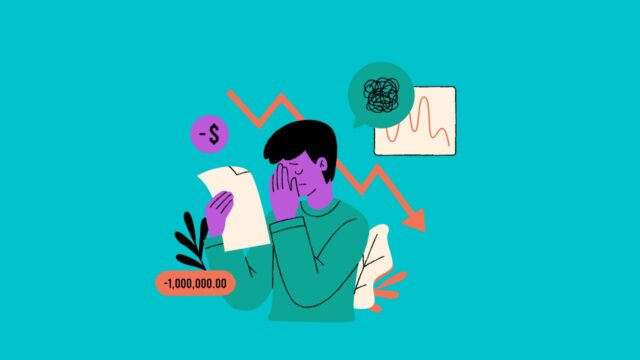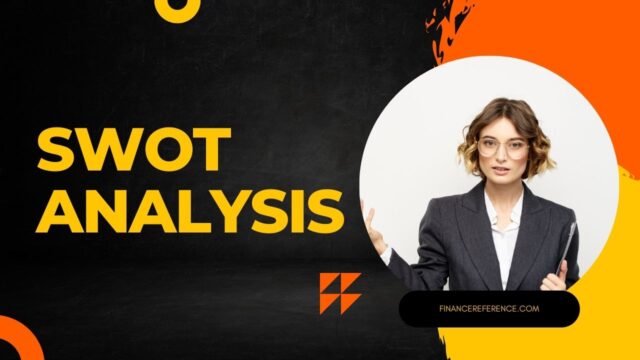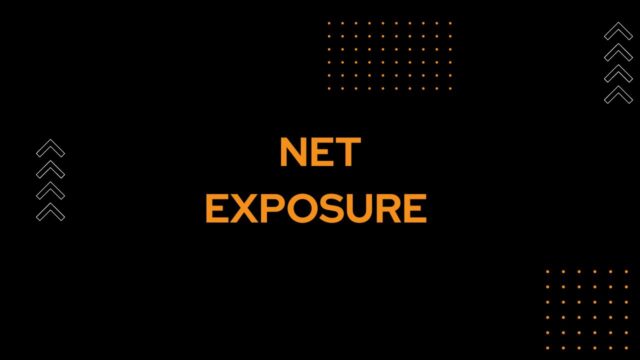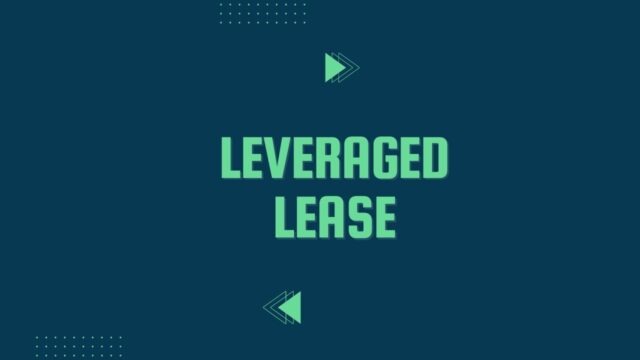Further Your Career in the Business Field With the Help of Online Education
Online education has made it possible for anyone to further their careers in business from anywhere around the world. With the help of technology, you can easily access resources and tools that could give you a competitive edge over other applicants in the job market. However, it is not enough to just have the necessary knowledge—you also need to...
What is a Loss Reserve and Why is it Important?
Loss reserves are an estimate of the amount of money that an insurer will need to pay out in future claims. They are a key component of an insurer's financial statements and are used to ensure that the company has sufficient funds to pay for claims as they come due. There are two types of loss reserves: Incurred loss reserves: These...
The Pledged Asset: A New Approach to Financing
Introduction to Pledged Assets A pledged asset is a type of collateral that is used to secure a loan or other financial obligation. The borrower pledges an asset, such as stock or real estate, as collateral for the loan, and if the borrower defaults on the loan, the lender has the right to seize the pledged asset to cover the...
8 Ways to Improve Your Personal Finances
Are you looking for ways to improve your personal finances? Whether you're trying to save money, pay off debt or just make better decisions with your money, there are many steps you can take to help manage and grow your wealth. From budgeting and tracking spending habits to investing in the stock market and taking advantage of tax deductions,...
How Using Automated Processes Can Benefit Your Business
As a business owner, it's important to always look for ways to streamline your processes and make your life easier. One way you can do this is by automating some of your tasks. This blog post will show you how using automated processes can benefit your business in several different ways. Keep reading to learn more! Precision Certain processes can be...
SWOT analysis – A Detailed Guide
When it comes to business and planning, a SWOT analysis is an essential tool in the arsenal of any successful company looking to set itself apart and gain an edge over its competitors. Developed by Harvard professor Dr. Edmund P. Learned in the 1960s, SWOT stands for ‘Strengths, Weaknesses Opportunities, Threats’ and provides a tactical way for organizations to identify...
A Guide to Understanding Net Exposure
With the rise of online businesses and digital currency, understanding the concept of net exposure has become increasingly important. Net exposure is a term that refers to the amount of risk associated with investing in financial instruments. In this guide, we'll break down what net exposure is and why it's important for savvy investors to understand. What Is Net Exposure? Net exposure...
The Dangers of Quote Stuffing
You may have heard the term “quote stuffing” before, but do you know exactly what it is and why it’s so dangerous? Quote stuffing occurs when a trader floods the market with a large number of orders that are then canceled almost immediately. This is done to manipulate stock prices and can cause significant losses for investors. Let’s take...
What is a Leveraged Lease?
A leveraged lease, also known as a non-recourse debt financing, is an agreement between two parties that allows one party to use another’s property without purchasing it outright. It is often used by businesses and organizations that need to purchase or lease large, expensive items such as real estate, vehicles, or equipment. In this blog post, we will explain...
5 Signs You Should Apply for A Small Business Loan
It is very exciting to hit on a great business idea and to see yourself as an entrepreneur. However, what is not as thrilling is the prospect of securing the financing to turn this idea into a reality. The idea is to find money to run a business, but it requires a lot of planning, irrespective of whether you...









































